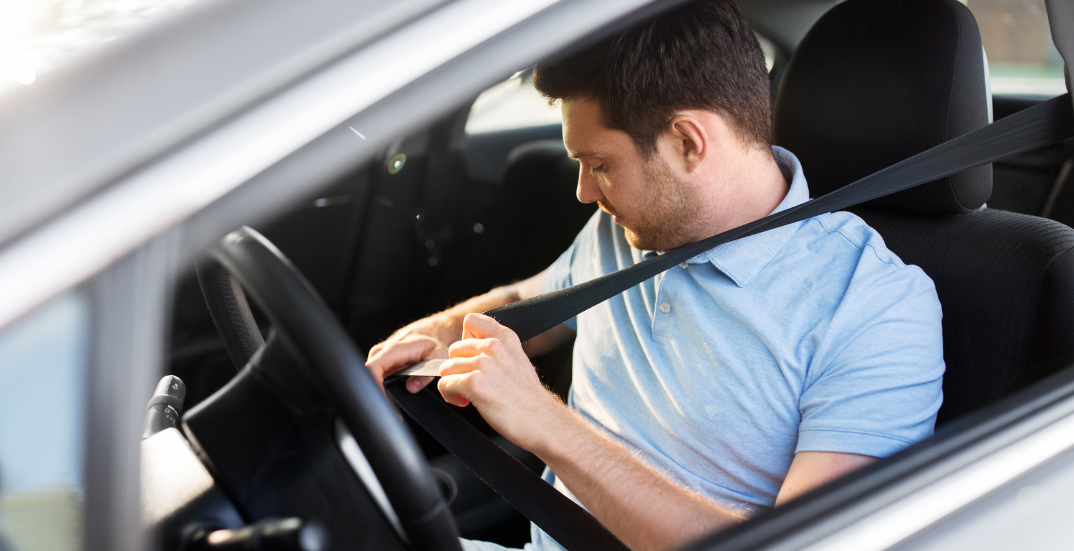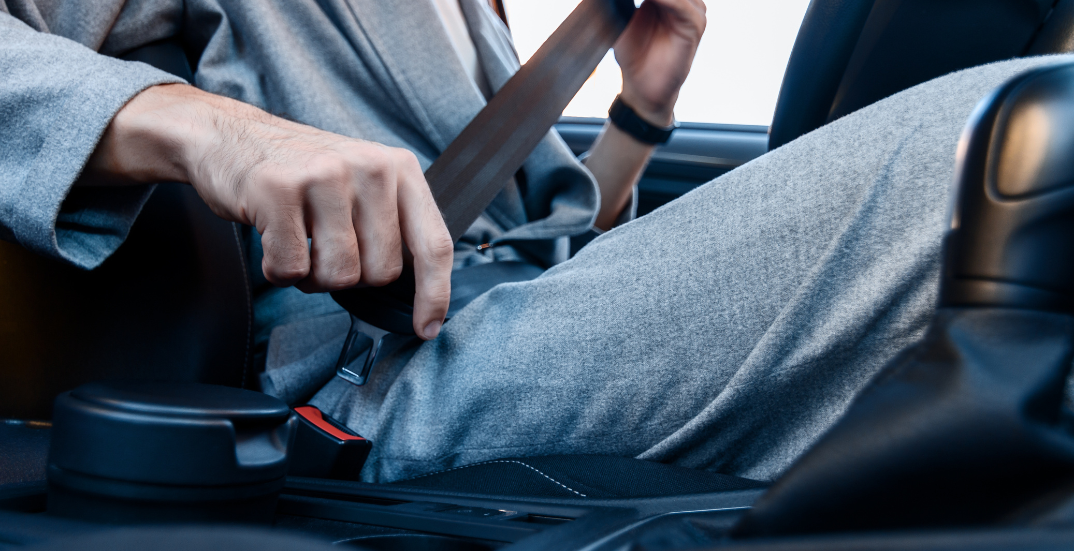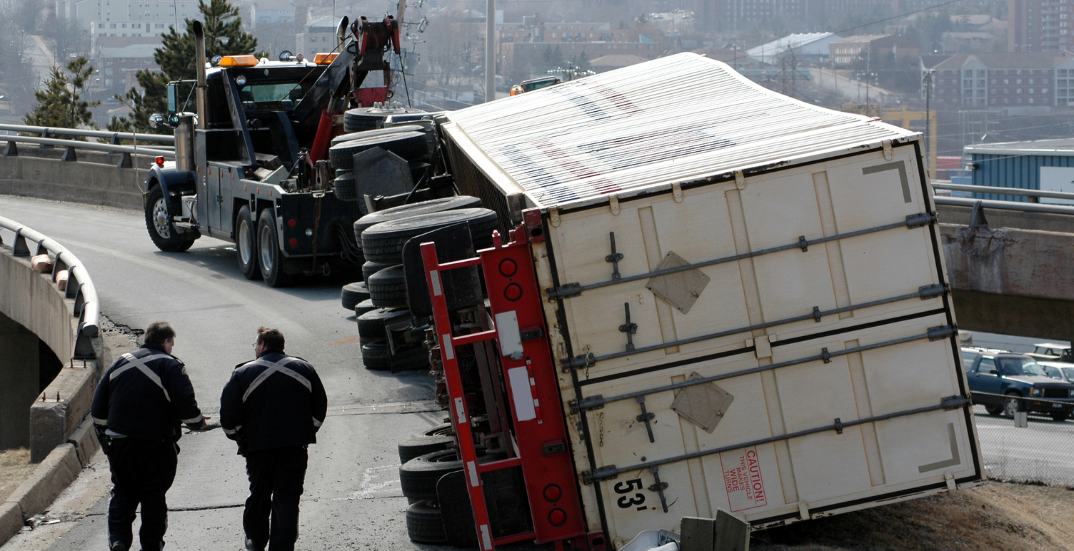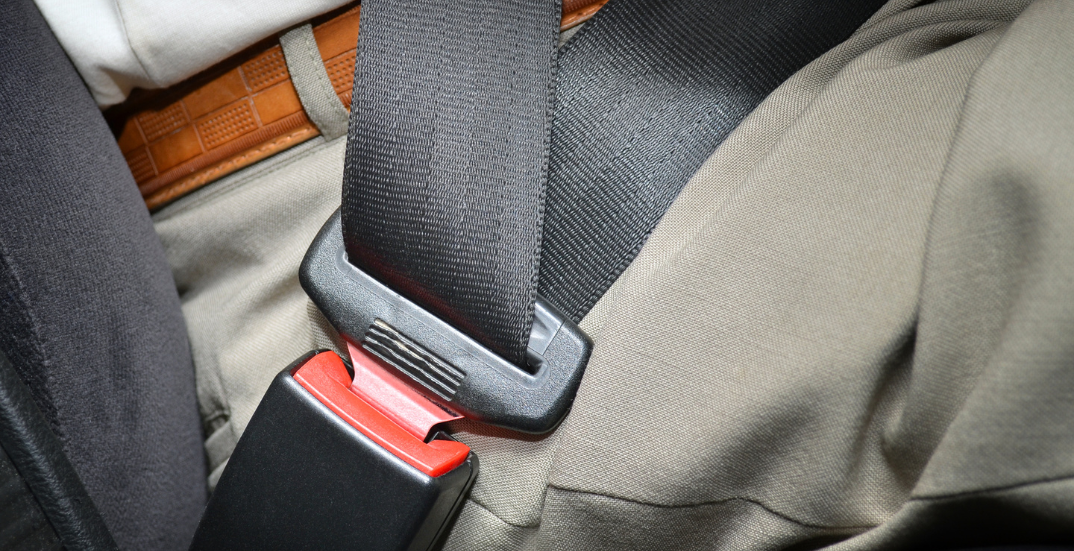Wearing a seat belt is one of the simplest yet most effective ways to protect yourself on the road. West Virginia seat belt laws are designed to keep drivers and passengers safe. Still, compliance goes beyond just following the law—it can impact your safety, legal rights, and compensation in case of an accident.
This blog will explore the seat belt laws in West Virginia, their exceptions, penalties, and how seat belt use (or lack of it) can affect accident claims.
Overview of West Virginia Seat Belt Laws
General Requirements
West Virginia seat belt law mandates that:
- All front-seat occupants must always wear a seat belt, regardless of age.
- Passengers aged 8-17 must wear a seat belt, no matter where they are seated in the vehicle.
- Children under eight must be in a child safety or booster seat as outlined by West Virginia car seat laws.
By following these requirements, you ensure your safety and avoid unnecessary penalties.
Exceptions to the Law
While the West Virginia seat belt law is strict, there are a few exemptions to remember.
Exemptions for Physical Disabilities
Individuals with specific physical disabilities or medical conditions can receive a doctor-certified exemption from wearing a seat belt.
These exemptions are available to those who cannot safely wear a seat belt due to a medical issue.
Exemptions for Specific Occupations
Certain occupational exemptions exist for people like on-duty mail carriers. These roles have limited exceptions for wearing seat belts while performing their duties.
Enforcement and Penalties
Primary Enforcement Explained
West Virginia seat belt violations are considered a primary offense, meaning law enforcement can stop a driver solely for not wearing a seat belt.
Police do not need an additional reason to pull over a vehicle if a seat belt violation is visible.
Penalties for Violations
- Seat belt violation: $25 fine (no points added to your license).
- Child seat violations: A fine between $10-$20 and potentially considered a misdemeanor.
Complying with seat belt laws keeps you safe and helps you avoid unnecessary fines.
Impact of Seat Belt Usage on Accident Claims
Legal Consequences of Not Wearing a Seat Belt
Failure to wear a seat belt can have significant legal consequences. Being involved in an accident and not wearing a seat belt could reduce your ability to recover full compensation for injuries.
In West Virginia, modified comparative fault is used in personal injury claims. This means that if you were not wearing a seat belt and it’s proven that this contributed to your injuries, your compensation could be reduced by up to 5%.
Modified Comparative Fault Standard
Under the modified comparative fault standard, your damages may be reduced if you are found partially responsible for your injuries.
For example, if your injuries had been less severe had you worn a seat belt, your compensation might have decreased by 5% or more.

West Virginia Seat Belt Usage Statistics
Current Statistics and Trends
In recent years, seat belt usage in West Virginia has hovered around 88%. Despite this high usage rate, many severe accidents involved people not wearing seat belts.
This highlights the importance of compliance with seat belt laws not only for personal safety but also to ensure maximum protection in case of an accident.
The Importance of Wearing a Seat Belt
Safety Benefits
Wearing a seat belt dramatically reduces the risk of significant injuries in a car accident. Seat belts prevent passengers from being ejected from the vehicle, which is a leading cause of death in crashes.
They also help distribute the force of an impact across the most substantial parts of the body, reducing the likelihood of severe injuries.
Legal Obligations and Financial Protection
Beyond safety, wearing a seat belt also ensures financial protection in an accident. Suppose you fail to wear a seat belt and are injured in a crash.
In that case, the insurance company may argue that you contributed to your injuries, potentially reducing your settlement or award.
Common Injuries from Not Wearing a Seat Belt
Failure to wear a seat belt can lead to serious injuries, including:
- Head and brain injuries due to the impact of a collision.
- Severe whiplash from sudden jerks of the neck.
- Broken bones from being thrown against the interior of the vehicle.
- Higher risk of ejection from the car, which often results in fatal injuries.
By buckling up, you drastically lower the chances of suffering these severe consequences.
Legal Assistance for Seat Belt Violation Claims
When to Contact a Lawyer
If you’ve been injured in an accident where seat belt usage was questioned, you must consult an experienced West Virginia personal injury attorney.
An attorney can help determine if seat belt non-compliance could impact your injury claim or the amount of compensation you may be entitled to.
Choosing the Right Attorney
Look for a lawyer with experience in WV traffic laws, car seat laws, and handling accident claims. An experienced attorney can help you navigate the complexities of seat belt-related accident claims and ensure the best possible outcome for your case.

FAQs About West Virginia Seat Belt Laws
When did it become a law to wear a seatbelt?
West Virginia made it mandatory for front-seat occupants to wear seat belts in September 1993.
Are seat belt violations a primary offense in WV?
Yes, seat belt violations in West Virginia are considered a primary offense, meaning law enforcement can stop you solely for not wearing your seat belt.
Does not wearing a seat belt affect my injury claim?
Yes, under the state’s modified comparative fault law, if you’re injured in an accident and not wearing a seat belt, your compensation can be reduced by up to 5%.
What is the penalty for a seat belt violation?
There is a $25 fine for adults not wearing a seat belt and a $10-$20 fine for child safety seat violations, which could be classified as a misdemeanor.
Do these laws apply to all passengers?
All front-seat occupants must wear a seat belt, and passengers aged 8-17 must wear a seat belt no matter where they sit in the vehicle. Children under eight must use a child safety seat.
Are there any exemptions?
Some exemptions exist for people with medical conditions or those working in specific occupations, such as mail carriers.
How do seat belt laws relate to West Virginia car seat laws?
Children under eight must follow the West Virginia car seat laws, which require a child safety or booster seat. After the age of 8, children must wear a regular seat belt.
Reference Table: West Virginia Seat Belt & Child Safety Rules
| Age / Condition | Required Restraint | Penalty |
| Under 8 (not 4’9”) | Child safety/booster seat | $10-$20 fine (misdemeanor) |
| 8-17 years old | Seat belt anywhere in vehicle | $25 fine |
| Adults (front seat) | Seat belt at all times | $25 fine |
| Exemptions | Medical/Occupational cases | Must show proof |
Conclusion
Complying with West Virginia seat belt laws is essential for your safety, avoiding penalties, and protecting your legal rights in case of an accident. Seat belts save lives, reduce injury severity, and help ensure you are eligible for full compensation if you are injured.
If you’ve been injured in an accident, mainly if seat belt usage is a factor, contact an experienced car accident attorney.
Contact Us for a Free Consultation
If you or a loved one has been injured in a car accident in West Virginia, especially where seat belt use is in question, Manchin Ferretti Injury Law is here to help. Our experienced attorneys are ready to assist you with your injury claim and ensure you get the compensation you deserve. Contact us today for a free consultation.





